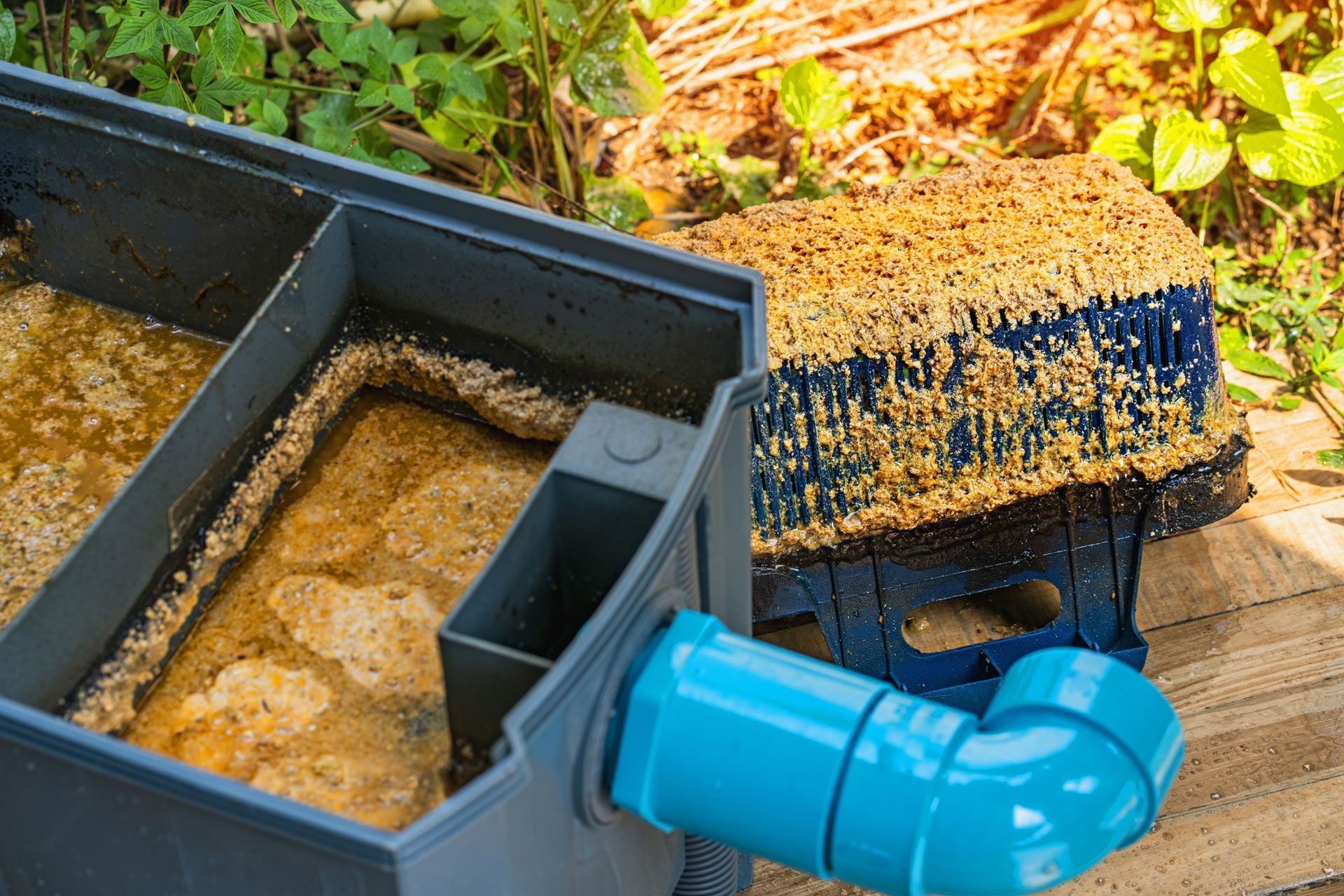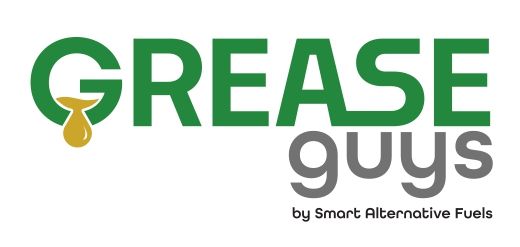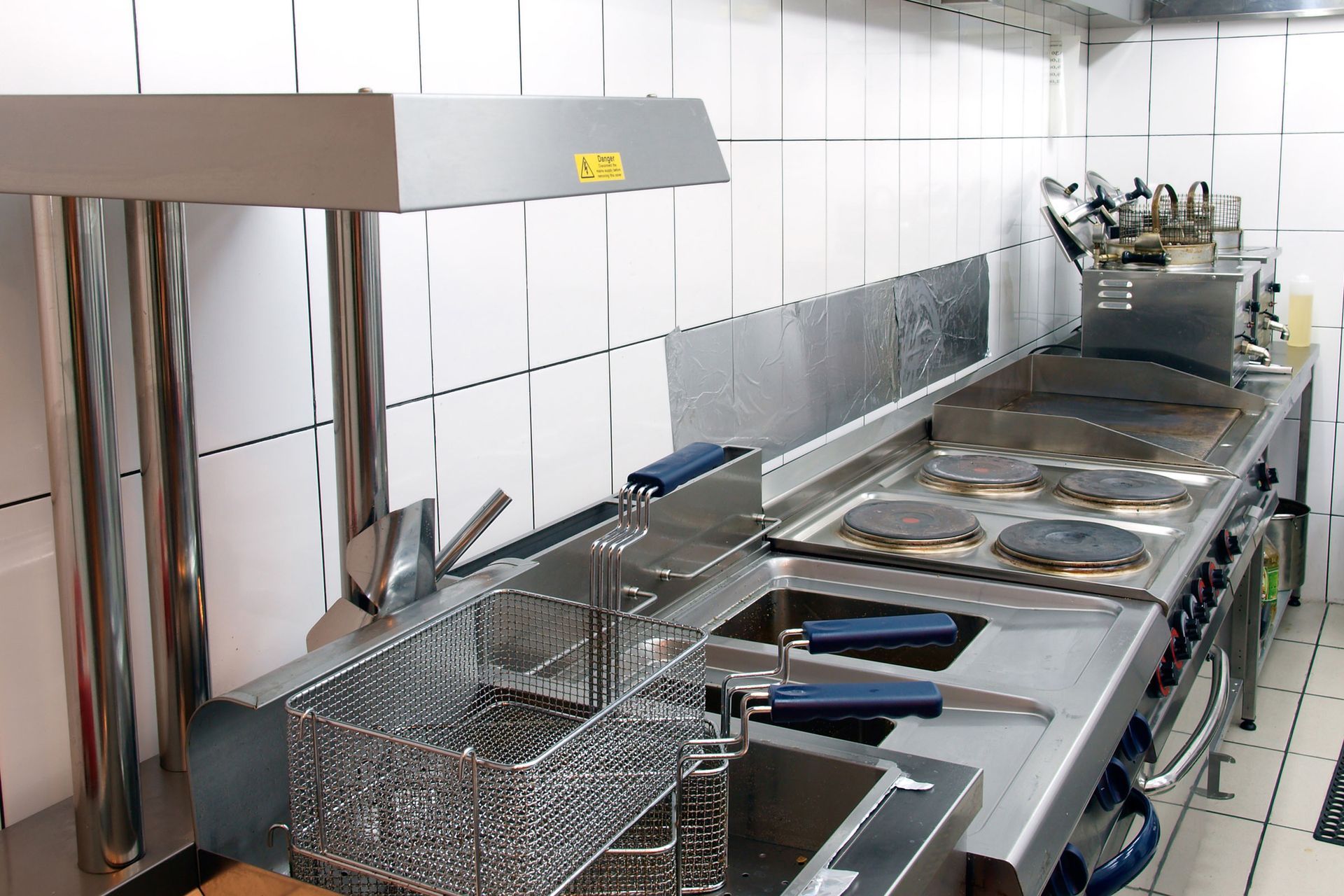Call Us Today!
Environmental Regulations for Grease Trap Cleaning and Oil Collection in Washington

Every restaurant owner and service industry professional knows that managing waste efficiently not only keeps operations smooth but also protects our beautiful Washington environment. But did you know that specific local and federal regulations govern how we handle something as routine as grease trap cleaning and oil collection? In Washington, staying informed about these regulations is crucial for compliance and avoiding hefty penalties.
Whether you're setting up a new business or looking to fine-tune your existing practices, understanding these regulations is key. This guide aims to simplify the complex world of environmental regulations surrounding grease trap maintenance and used oil disposal, ensuring you can focus on what you do best—serving your customers.
What is a Grease Trap and Why is it Important?
A grease trap, often a critical but overlooked component of kitchen plumbing, serves a straightforward purpose: it catches fats, oils, and greases (FOG) before they enter the wastewater system. Why does this matter? Without a functioning grease trap, these substances can solidify and cause severe blockages in sewage lines, leading to expensive repairs and environmental hazards.
In Washington, keeping your grease trap in optimal condition isn’t just good practice—it’s mandated by law due to the potential risks of sewer overflows and pollution. Regular cleaning and maintenance of your grease trap ensure that your business operates smoothly and stays compliant with local regulations.
How Often Should Grease Traps be Cleaned?
The frequency of cleaning depends on the size of your establishment and the amount of grease your kitchen produces. Generally, it’s recommended that the average restaurant clean their grease trap every 1-3 months. However, local health departments might have specific requirements tailored to your business volume and kitchen size.
Basic Procedures Involved in Grease Trap Cleaning
Cleaning a grease trap involves several steps:
- Remove and dispose of accumulated grease and solids: Technicians ensure that all grease and solids are removed from the trap.
- Inspect for wear and damage: Regular inspections can help catch issues before they lead to failures.
- Clean and replace components as necessary: Ensuring that all parts of the grease trap are in good working condition is crucial for effective operation.
It’s advisable to hire professional services for grease trap cleaning to ensure compliance with all environmental and health standards. Doing so not only adheres to regulations but also prolongs the life of your plumbing systems.
Definition and Importance of Proper Oil Disposal
Used cooking oil, if not handled properly, can become an environmental hazard. Whether it’s vegetable oil, lard, or any other type of cooking fat, the proper disposal of used oil is crucial. Not only does it prevent plumbing issues like blockages and overflows, but it also plays a significant role in environmental conservation. Recycling used oil can lead to the production of biodiesel, a renewable energy source, reducing our reliance on fossil fuels.
Common Sources of Used Oil
In a typical Washington kitchen, used oil originates from several sources:
- Deep fryers and griddles
- Pan frying operations
- Preparing and dressing salads
Businesses that generate significant amounts of used oil include restaurants, hotels, fast food outlets, and cafeterias. Recognizing these sources helps in setting up efficient collection and recycling processes.
Benefits of Recycling Used Oil
Reduced Waste Management Costs: Properly disposing of and recycling used oil can cut down on waste management expenses by turning a potential waste product into a resource.
Compliance with Regulations: Adhering to local and federal guidelines for oil disposal can prevent legal issues and potential fines.
Creation of Green Jobs: The recycling industry, including biodiesel production, supports local economies by creating jobs.
Federal Environmental Regulations
The Environmental Protection Agency (EPA) sets nationwide guidelines for handling waste, including fats, oils, and grease (FOG), to protect water quality and prevent pollution. Key EPA regulations that impact businesses in Washington include:
- Clean Water Act (CWA): This act requires businesses to prevent oil and grease from contaminating local waterways. Compliance involves proper waste management practices and obtaining necessary permits for wastewater discharge.
- Oil Pollution Act: Specifically addressing oil spill prevention and response, this act mandates that facilities handling large volumes of oils prepare and implement spill prevention plans.
How These Regulations Impact Businesses in Washington
For businesses, compliance means:
- Regular inspections and maintenance of grease traps and oil disposal systems to ensure they are functioning correctly and do not pose a risk to the environment.
- Adhering to local standards and permits that may have stricter requirements based on the locality's specific environmental challenges and infrastructure.
Washington State Environmental Regulations
In Washington, state and local agencies work together to enforce regulations that complement federal guidelines, focusing on protecting the unique ecosystems and water quality of the region. Key agencies involved include the Washington State Department of Ecology and local health departments.
- Washington State Department of Ecology: This agency provides detailed guidance on managing waste, including the proper disposal and recycling of kitchen grease and used oil. They offer resources to help businesses understand their responsibilities and how to comply with state regulations.
- Local Water Authorities: Local regulations can vary significantly, especially in areas with sensitive water systems. It's important for business owners to engage with local water authorities to ensure compliance with additional municipal requirements, such as more frequent grease trap cleanings or specific disposal methods for used oil.
Penalties for Non-Compliance
Non-compliance with these regulations can result in fines, business closures, and even criminal charges depending on the severity of the infraction. Regular audits and adherence to guidelines are critical to avoid these penalties.
Compliance Tips for Businesses in Washington
Step-by-Step Guide
Navigating the maze of regulations can be daunting. Here are practical steps to ensure your business not only complies with Washington's environmental regulations but also promotes sustainable practices:
- Conduct Regular Audits and Maintenance: Establish a routine to check and maintain grease traps and oil disposal systems. This not only ensures compliance but also prevents costly breakdowns and fines.
- Keep Detailed Records: Document all maintenance and disposal activities. These records are crucial during inspections and can be invaluable if there are ever any disputes or inquiries regarding your compliance.
- Train Your Staff: Make sure that all employees understand the importance of compliance and know how to properly handle and dispose of grease and oil. Regular training sessions can help reinforce these practices.
- Engage with Certified Waste Handling Companies: Partner with companies that are certified in handling and recycling kitchen waste. They can ensure that your waste is processed in compliance with all applicable laws and regulations.
- Stay Informed on Regulation Changes: Environmental regulations can evolve, so it's essential to stay updated on any changes that might affect your business. Joining local business associations or subscribing to updates from the Department of Ecology can be beneficial.
Importance of Documentation and Regular Maintenance
Proper documentation and upkeep are not just regulatory requirements but also best practices that can enhance the efficiency and reputation of your business.
Conclusion
Adhering to environmental regulations for grease trap cleaning and oil collection is not just about compliance—it's about responsibility. By following the guidelines and laws set forth by federal and state authorities, businesses in Washington contribute to a larger effort of preserving our natural resources and ensuring the health of our ecosystems.
Looking for reliable grease management services in Washington? Choose Grease Guys for top-notch Grease Trap Cleaning, Oil Collection, and Grease Trap Pumping.
Our expert team is committed to providing efficient and environmentally friendly services across the state. Trust us to keep your operations compliant and sustainable. Contact Grease Guys today and ensure your business remains clean, green, and fully compliant!
Send us a Message
We will get back to you as soon as possible
Please try again later
OUR SERVICES
TIPS & ARTICLE
GET IN TOUCH
Phone: (855) 227-6060
Email: info@greaseguys.com
Address: 3188 Road M.2 NE, Moses Lake, WA 98837, United States of America
Business Hours:
- Mon - Sun
- Open 24 Hours
AREAS WE SERVE
© All Rights Reserved • LocalEyes | Terms of Use | Privacy Policy



